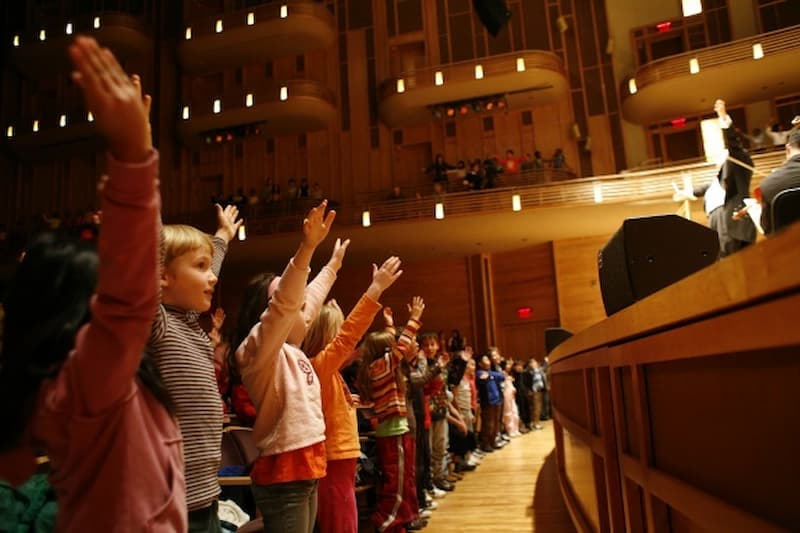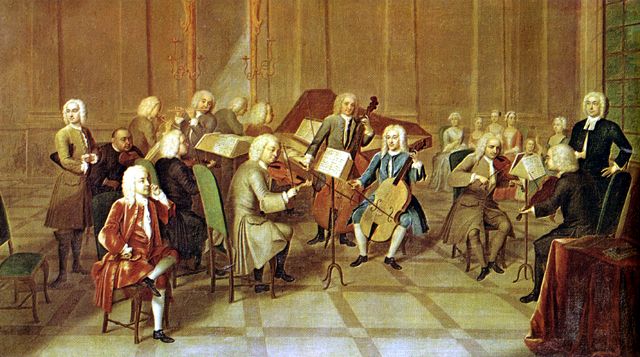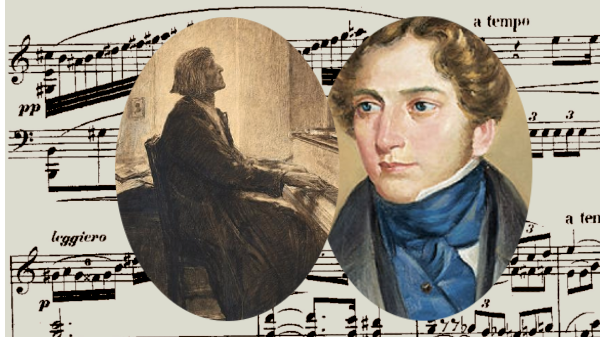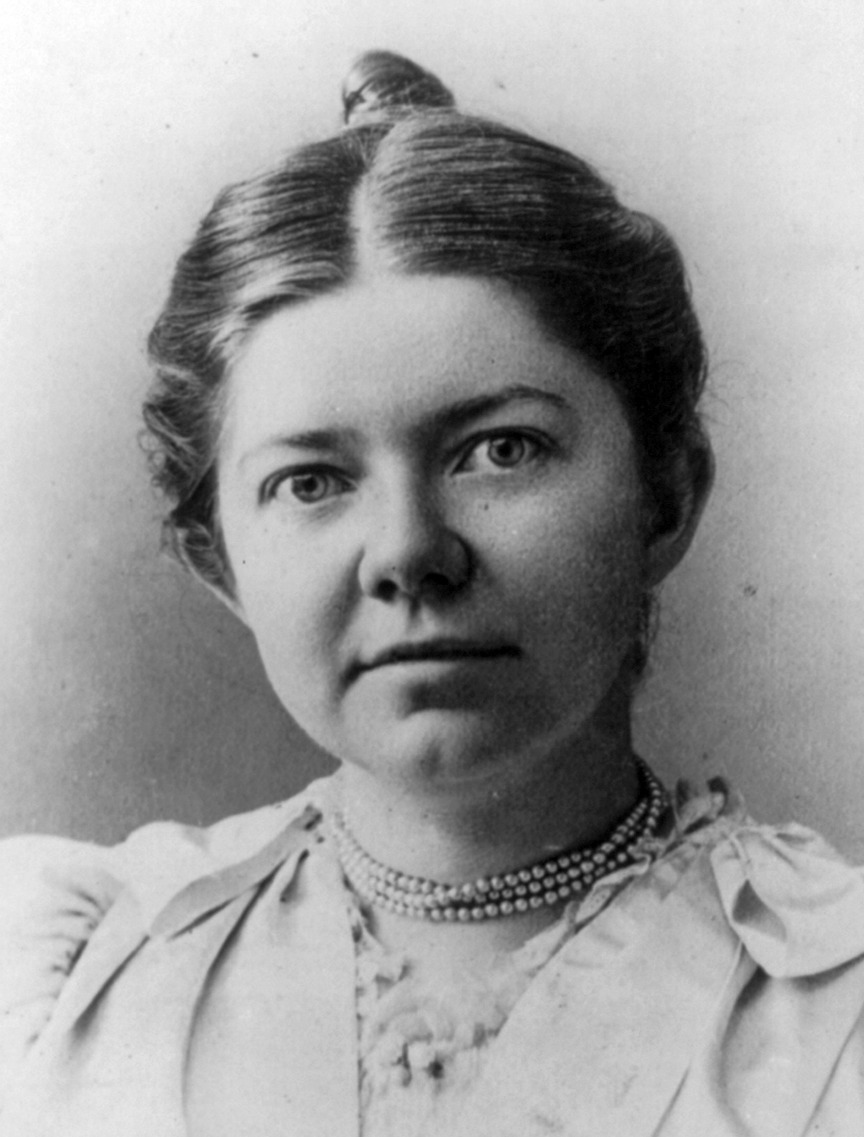Some people think classical music can only be truly enjoyed by adults and older people. But they’re so wrong!
Today we’re looking at some fun facts about classical music for kids. Are you ready to learn about piano battles, classical music in space, and a piece that you can perform yourself right now, guaranteed?
Let’s go!
What is classical music, anyway?

© perthconcerthall.com.au
Classical music is really, really hard to define.
Composers (people who write music) write their music down, and then classical musicians read it and play it.
Classical music is a separate tradition from jazz, folk, and pop music.
The earliest classical music was written about a thousand years ago. Music in this tradition is still composed today.
How do we keep a thousand years of music straight?
Because this tradition has been around for so long, people have split it up into shorter eras.
Here are six of the eras and which years they happened during:
- Medieval era – 1000 – 1400
- Renaissance era – 1400 – 1600
- Baroque era – 1600 – 1750
- Classical era – 1750 – 1825
- Romantic era – 1825 – 1910
- Modern era – 1910 – present
(And yes, you read right… One of those shorter eras within the history of classical music is called the classical music era! Confusing, right?)
Not everyone agrees with this exact timeline, but it’s a good start.
If you want to listen to more classical music, you’ll learn about these eras and how they’re all different.

For example, music from the Baroque era tends to be very rhythmic and relies heavily on patterns, while music from the Romantic era tends to be lush and dramatic.
Different kinds of people will love different eras of classical music! That’s one reason why classical music has stayed popular for so long.
Composer Johann Sebastian had twenty kids…and some of them became composers.
Johann Sebastian Bach is the most famous composer from the Baroque era. He was born in Germany in 1685 and wrote hundreds of pieces of music.
Bach: Brandenburg Concerto No. 3 in G Major BWV 1048
He married twice and had twenty children! There were always kids running around the Bach house.
Bach came from a family of composers, and four of his sons became composers in their own right.
Here’s a piece by one of Johann Sebastian’s sons, Carl Philipp Emanuel Bach.
Carl Philipp Emanuel Bach: Allegro from Cello Concerto in A major
Pianist Franz Liszt and pianist Sigismond Thalberg had a famous piano battle.

Franz Liszt vs Sigismond Thalberg
An influential composer in the Romantic era was named Franz Liszt. He was also one of the best pianists in the world.
He lived like a modern rock star. People went wild at his concerts, going so far as to fight over his handkerchiefs and used cigars (ew!).
Here’s a piece by Franz Liszt.
Yundi Li Plays Liszt’s La campanella
In 1837 at a charity concert, Liszt and another pianist named Sigismond Thalberg were invited by a countess to participate in a piano duel.
Who do you think won? Here’s a piano piece by Thalberg.
Sigismond Thalberg: Grande fantaisie et variations sur Norma Op. 12
Since it was a charity event, the countess was polite, saying that Thalberg was “the first pianist in the world” and that Liszt was “unique.”
There are many weird musical instruments out there.
Do you find common instruments like guitars, pianos, or violins boring?
We have a whole article about unusual musical instruments.
Unusual instruments include
- Subcontrabass flute, which looks like a person-sized paperclip
- Harp guitar, which is…you guessed it!…a combination between a harp and guitar
- Glass armonica, where people use their fingers to make sounds on glass bowls
Which one would you play? Or would you prefer to stick with guitar, piano, or violin?
Sounds of a Glass Armonica
Composer Amy Beach started composing in her head when she was four.

Amy Beach
Composer Amy Beach wrote music in the Romantic Era. She was born in America in 1867.
She was a child prodigy (meaning, she was very good at music at a very early age).
She could sing forty songs by the time she was one year old. By the time she was four years old, she was composing music for piano in her head.
When she was older, she wrote the first symphony by a woman to be played by an orchestra in America.
Amy Beach: “Gaelic” Symphony – IV. Allegro di molto
Composer John Cage had some wild ideas about what music was.
Composer John Cage wrote in the Modern era. He was born in America in 1912. He wrote music for many years.
His most famous piece was “4’33” (or Four Minutes, Thirty-Three Seconds). He wrote down that during this piece, the musician should just sit for four minutes and thirty-three seconds.
The music doesn’t come from anything the musician does. Rather, it comes from any sounds that may be in the room that we might not otherwise notice.
Some people don’t believe that’s music. Other people think it’s a genius idea. Do you think it’s silly or cool?
Set a timer and give your own performance of 4’33”. Notice what sounds you hear all around you.
John Cage: 4’33”
Did you know there’s classical music in space?
In 1977, a space probe called the Voyager 1 was sent into space.
Onboard was a gold-plated copper disk. It includes images and audio from Earth.
Some of the music chosen was classical music. (Three pieces were by Johann Sebastian Bach, from earlier in this article!)
Voyager’s Golden Record: Bach’s Brandenburg Concerto No. 2 in F
In about 40,000 years, the disk and another star beside our sun will pass one another within 1.6 light-years. Maybe some alien will recover it someday.
What music would you send to space?
The Menuhin Competition is a violin competition that has a division for violinists under the age of sixteen.
Kids are really important in classical music.
Like Amy Beach, violinist Yehudi Menuhin was a child prodigy. He was born in America in 1916. He played a solo with the San Francisco Symphony when he was only seven years old.
Here’s a recording of him playing when he was twelve years old.
Yehudi Menuhin at the age of 12 Years Old; Playing Ries
In the 1980s, he founded the Yehudi Menuhin International Competition for Young Violinists.
Menuhin said at the first competition:
Our young gifted violinists will be the ambassadors of goodwill, for they come with pure hearts and music in their souls. It is in those younger people that we invest our future.
The competition features violinists from all around the world. There’s a whole division for violinists who are under sixteen.
Here’s a Menuhin competition performance from violinist Chloe Chua in 2018.
CHLOE CHUA / Menuhin Competition 2018, Junior semi-finals
Composer Ludwig van Beethoven went deaf…and still composed music!
Composer Ludwig van Beethoven was born in 1770 in Germany.
Beethoven had a tough childhood. His father was cruel to him and forced him to practice piano, which is never okay.
After his father died, Beethoven became a professional musician. Just as he was getting famous, he realized that he was losing his hearing.
Around 1800, there wasn’t a lot that doctors could do to cure deafness. Beethoven eventually couldn’t hear anything at all.
However, like Amy Beach, he could imagine music in his head and write it down. So even after he went deaf, he still kept writing music.
Beethoven: Symphony No. 5, First movement
Almost every professional orchestra musician began playing their instrument when they were a kid.
If you go to an orchestra concert, know that almost everyone onstage started playing when they were a kid!
In fact, many of the best string players and pianists in the world started playing when they were five, four, or even three years old!
You’re never too young to start learning an instrument. So when you have a chance, pick one up and join a band or orchestra! You will have so much fun!
For more of the best in classical music, sign up for our E-Newsletter
